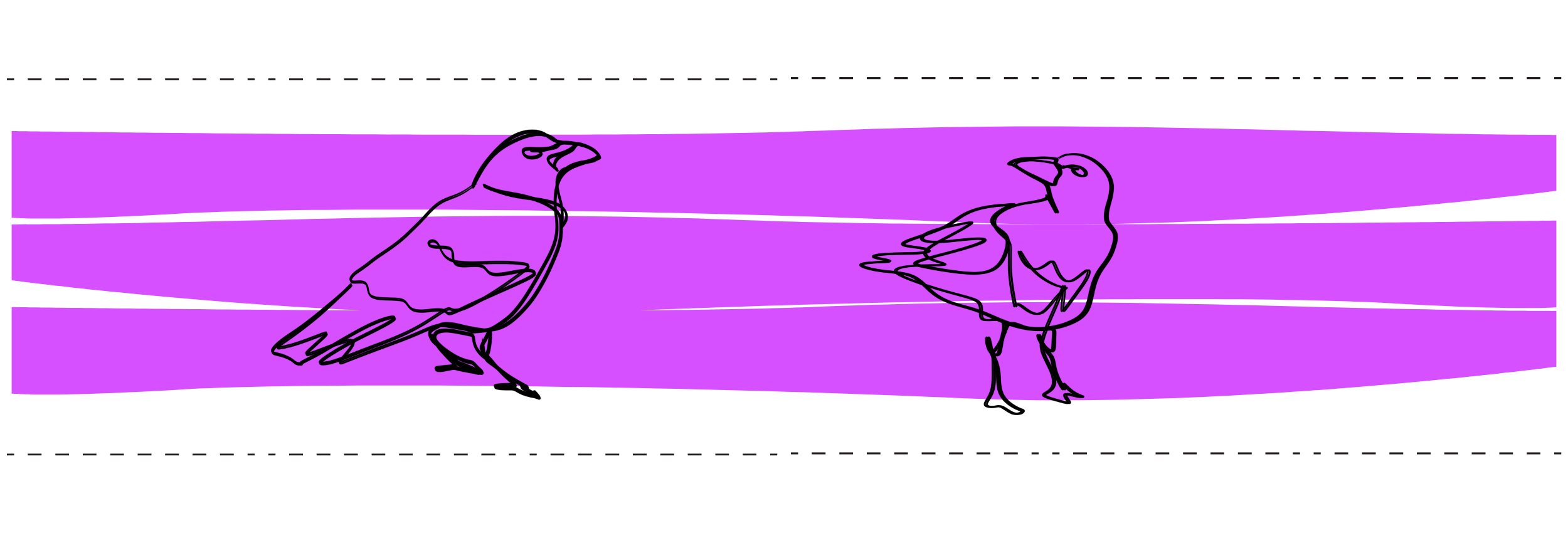Understanding History of Place
Introduction to Land Education
Wherever you are situated in the world, there has likely been a long history of both human and more-than-human activity there. When we are thinking of land education programming, we should understand the specific places we are engaging with
Download a PDF of the guided prompts for this section or view below
Understanding History of Place
Wherever you are situated in the world, there has likely been a long history of both human and more-than-human activity there. When we are thinking of land education programming, we should understand the specific places we are engaging with.
Here are some questions to help you think about place and your relations to it:
Who are you and where are you from?
(This can mean where were you born or where your ancestors hold relations to land)Where are you hoping to start a land education program? Why this place?
What are the characteristics of this place?
(Geographical markers, bodies of water, botany, taxonomy, etc.)Who are the Indigenous peoples of this geographical area?
What is your relationship to the traditional customs/practices of this area?
What is the history of this place?
(Refer to Situating Ourselves in Place - what would the rings of each tree show about this area?)Who calls this place home?
(Think of human and more-than-human relatives, such as trees, animals, insects, etc.)What is your role on this land?
(Don’t think of your professional role; rather think of how the land would see you: Indigenous, caretaker, settler, uninvited visitor, etc.)How can we be a good visitor in this place?
(Think about how you would treat the home of a friend or family member’s home if you were visiting them)How will we ensure that we maintain good relations with land, more-than-human entities, and Indigenous peoples in this place?
How will we involve land and more-than-human beings into our programming?
How will we encourage youth and others to hold land in high regard during the program?
This series of reflective prompts can be adapted into a writing activity for participants in the program you develop. These open-ended questions should not only inform your program design, but be kept at the heart of the program as it takes place.

Suggested citation:
Tkaronto CIRCLE Lab. (2023). Understanding History of Place [Land Education Dreambook]. https://www.landeducationdreambook.com/understanding-history-of-place
